Tether’s chief executive Paolo Ardoino is thinking big, really big. In a recent podcast interview,
Ardoino shared his long-term view that within the next 15 years, artificial intelligence agents could number in the trillions, and that these autonomous digital entities will rely heavily on Bitcoin and stablecoins like Tether’s USDT for transactions.
AI wallets and the rise of machine-to-machine commerce
Speaking on The Block’s Big Brain podcast, Ardoino laid out a scenario where AI agents, autonomous software programs that operate without human input, become major players in a future digital economy.
According to him, these bots will need self-custodial wallets to interact, negotiate, and settle payments directly with one another.
And rather than rely on traditional banking infrastructure, he expects they’ll turn to decentralized assets like Bitcoin and USDT.
“I don't think JPMorgan will open a bank account for an AI agent,” Ardoino said, emphasizing the gap between legacy finance and this emerging use case.
He also noted that Tether has already built tools like its wallet-development kit (WDK) to support non-custodial integration.
With USDT already accounting for the bulk of trading volume among stablecoins, he believes it’s best positioned to become the standard for these interactions.
A 2023 U.S. Treasury study supports this trend, showing that most crypto transaction volume flows through stablecoin pairs.
Of the $243 billion in dollar-pegged stablecoins currently circulating, Tether’s USDT accounts for roughly $156.7 billion, according to data from Coingecko.
Congress eyes stablecoin rules as Tether expands Into AI
This prediction comes at a time when the U.S. is actively working on regulatory clarity around stablecoins.
Treasury Secretary Scott Bessent recently said that comprehensive legislation could push stablecoin market value above $2 trillion by 2028.
Two bills currently in discussion could establish clear rules before summer ends.
Meanwhile, Tether isn’t waiting for policy to catch up.
The company has made strategic moves into artificial intelligence, launching Tether Data in April 2024 to support open-source AI development, followed by Tether AI in May, which Ardoino described as laying the groundwork for “an unstoppable peer-to-peer network of billions of AI agents.”
As machine-to-machine transactions edge closer to reality, it seems Tether wants to make sure its tokens are the ones powering the pipes.




.webp)




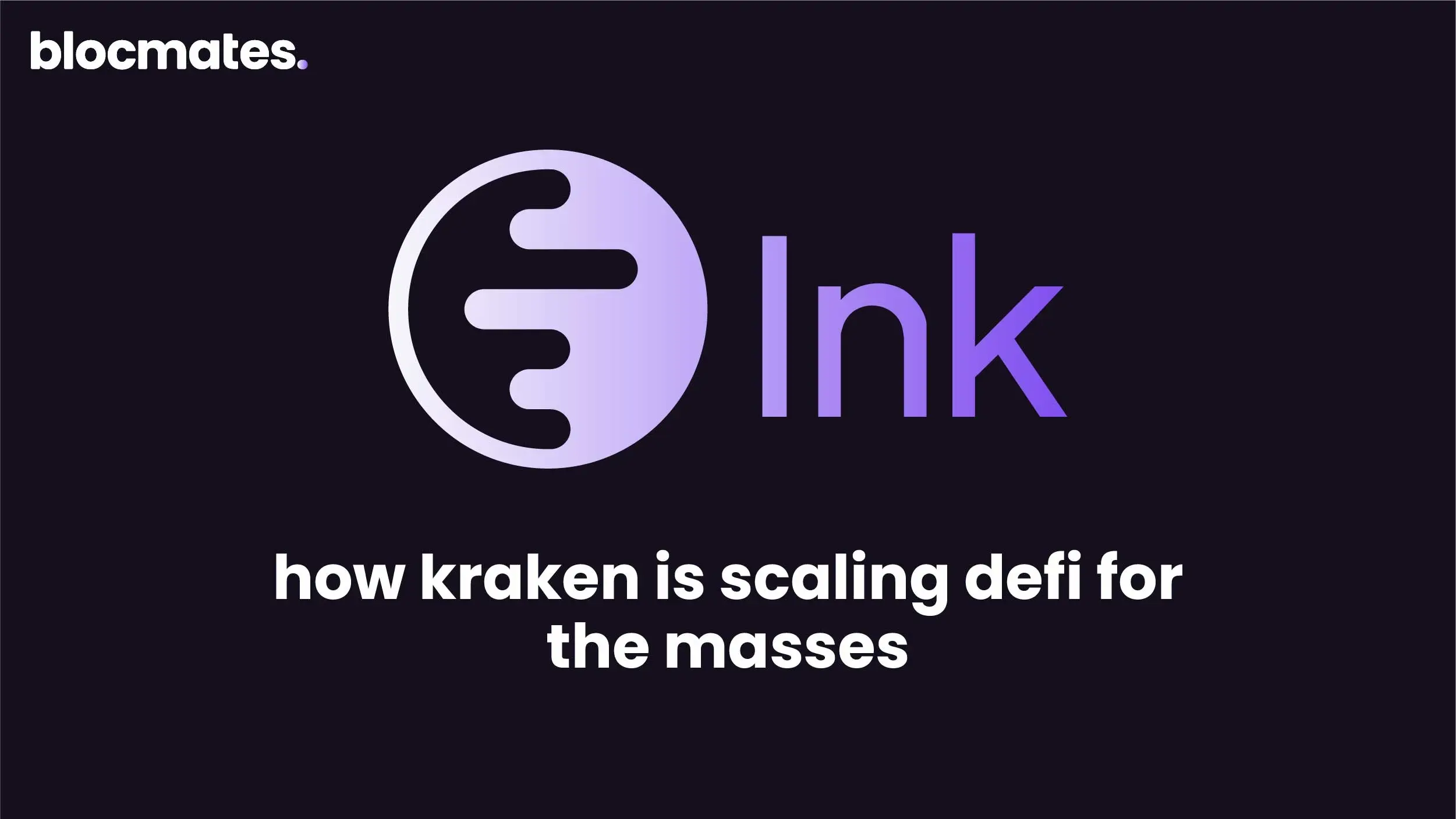
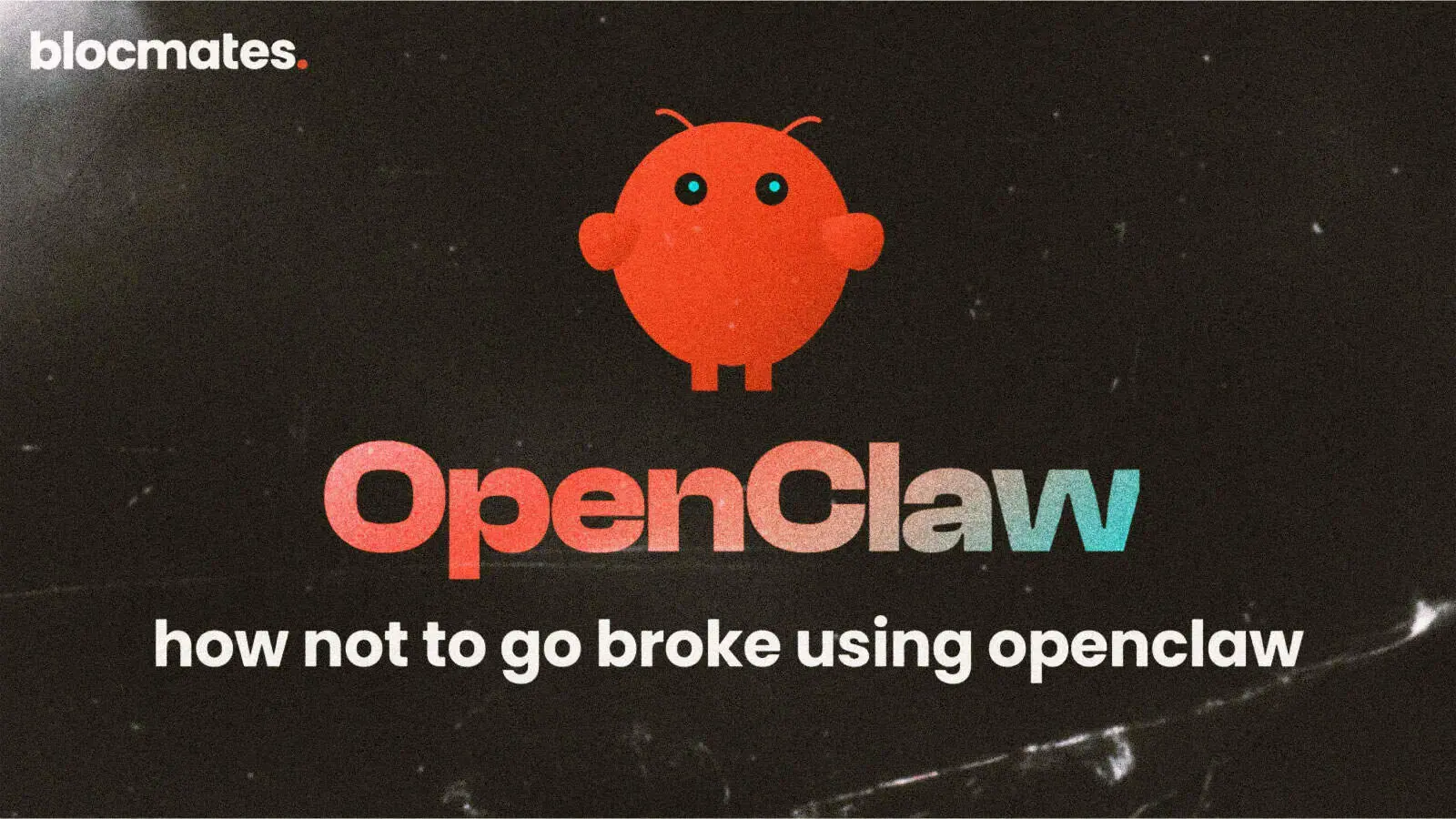
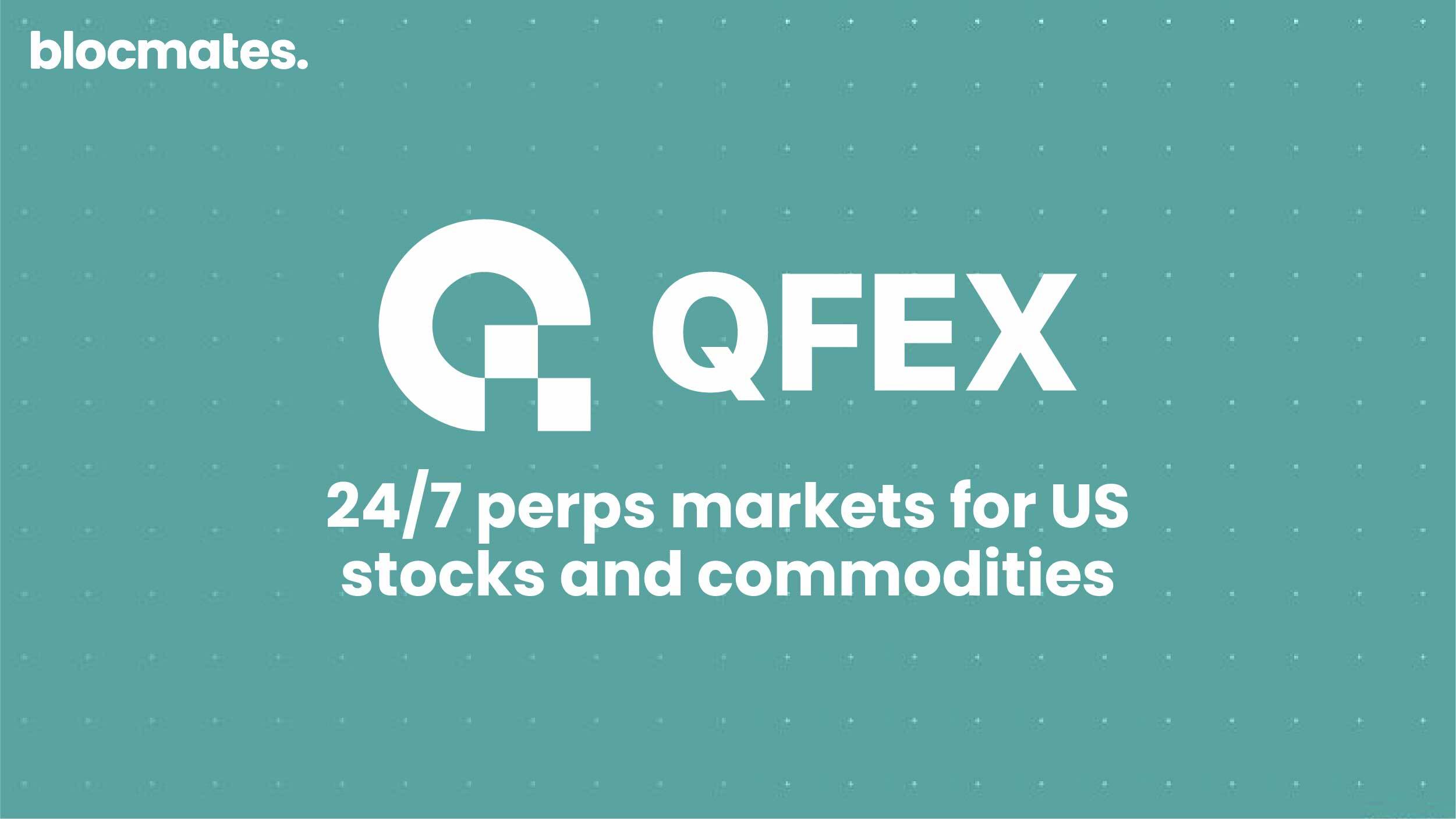
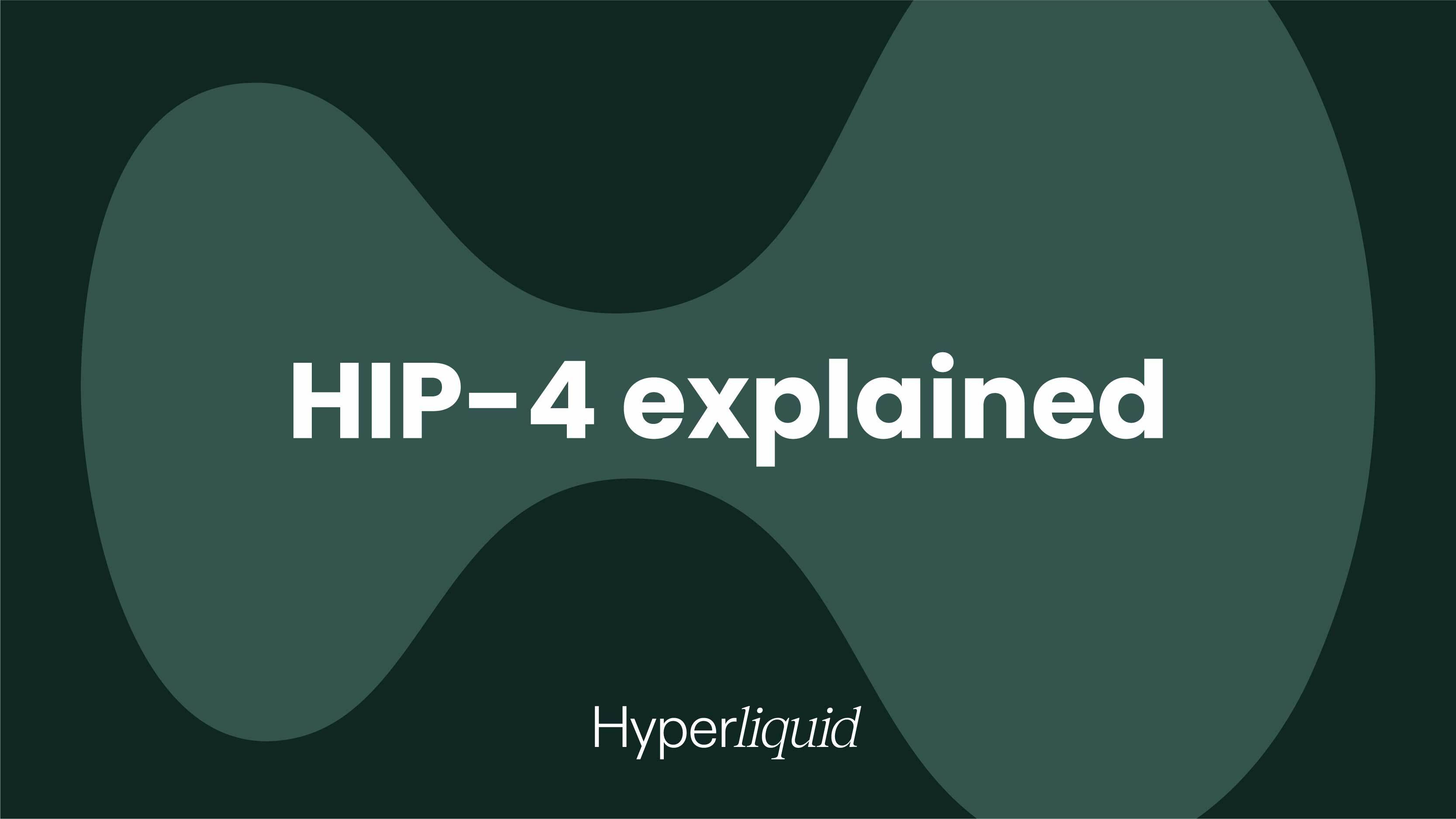


















.webp)

.webp)
.webp)

%20(1).webp)



























































%202.webp)


.webp)

.webp)
.webp)
.webp)


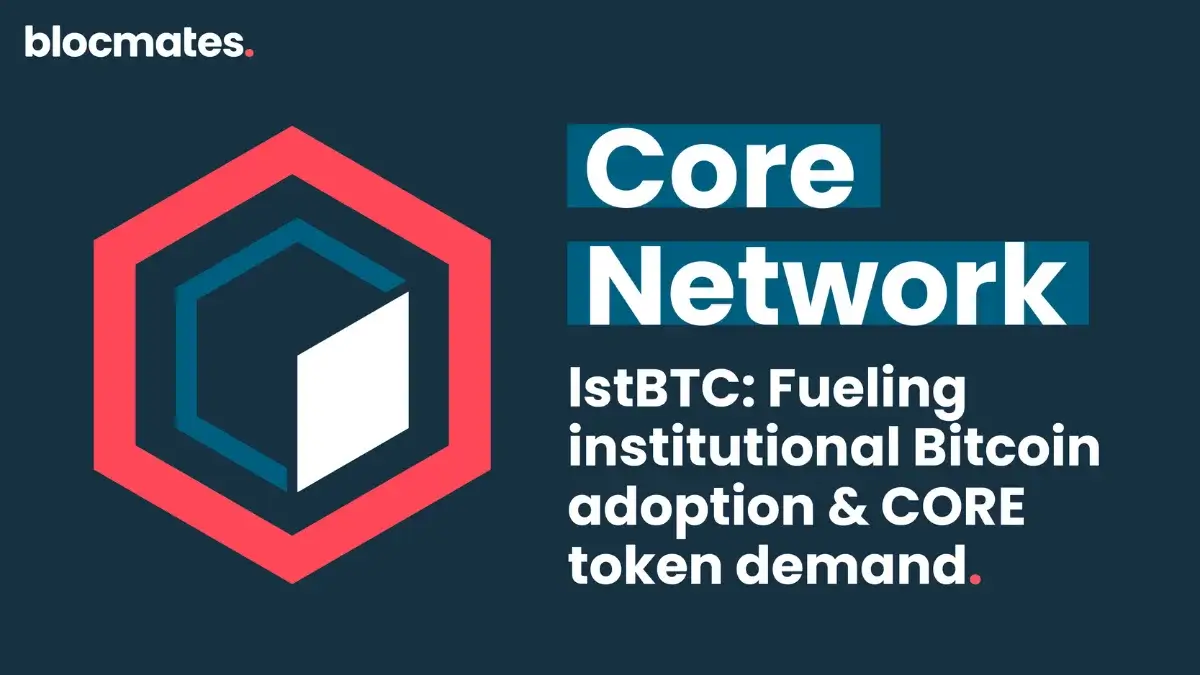
.webp)

.webp)
.webp)

.webp)
.webp)
.webp)


.webp)
.webp)










.webp)


.webp)









.webp)







.webp)




.webp)


























.webp)







.webp)
















.webp)
.webp)

.webp)














.webp)

.webp)


.webp)








.webp)




